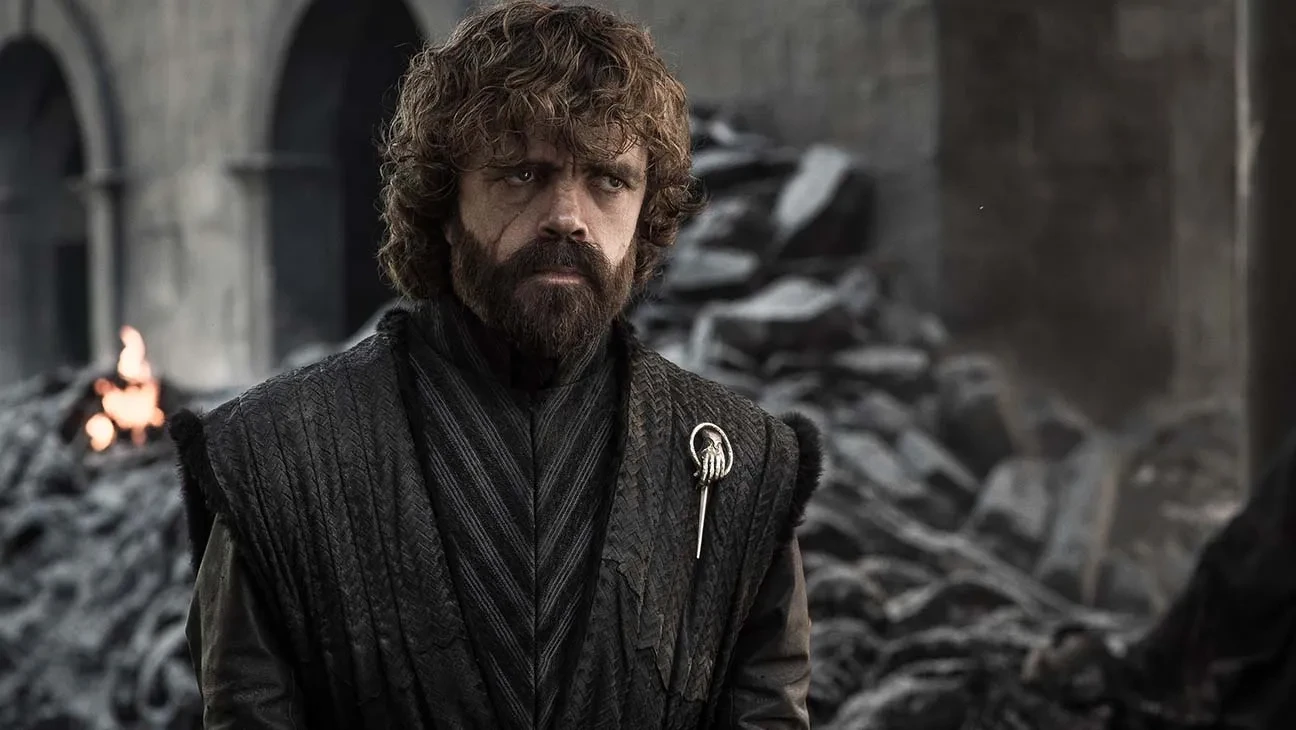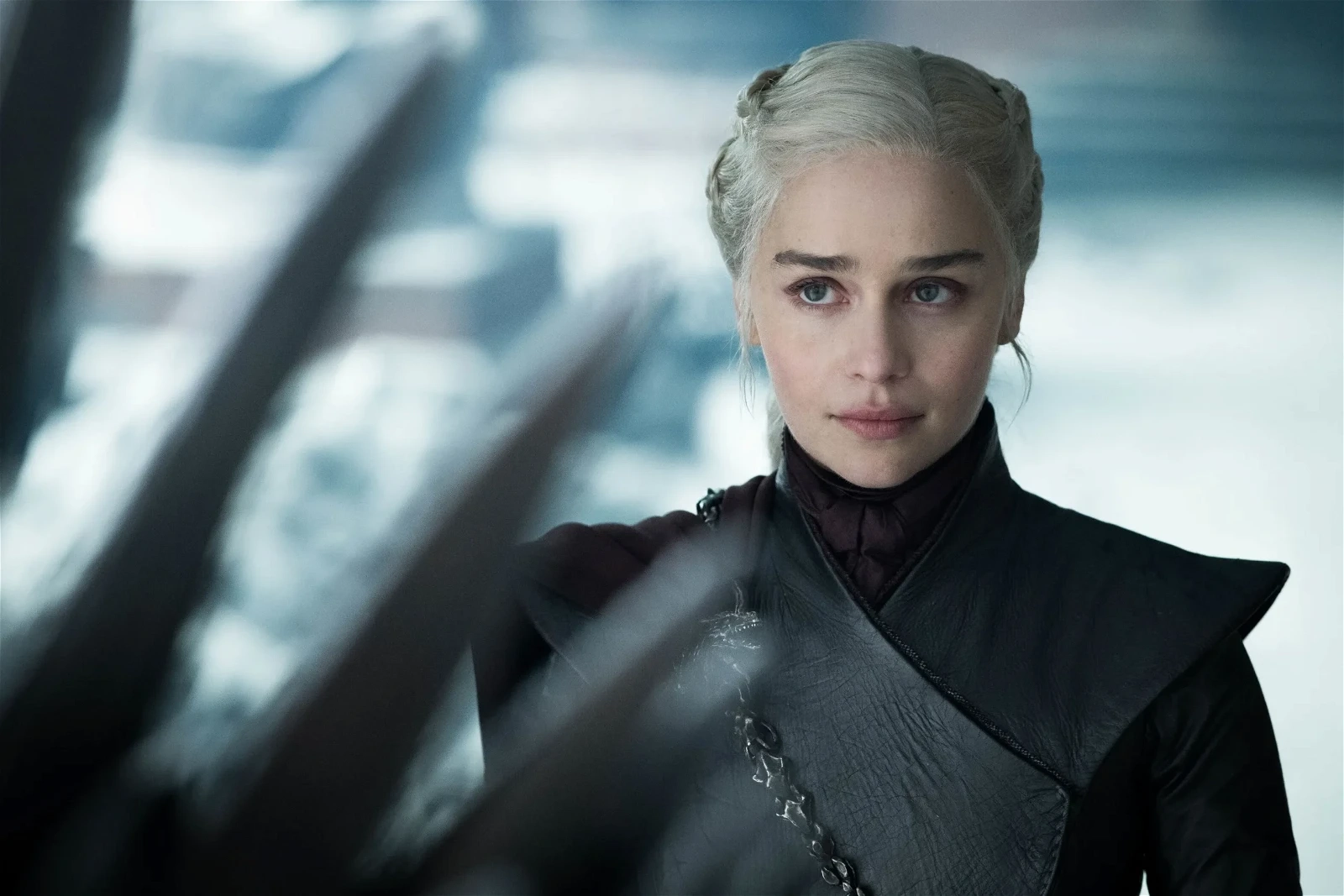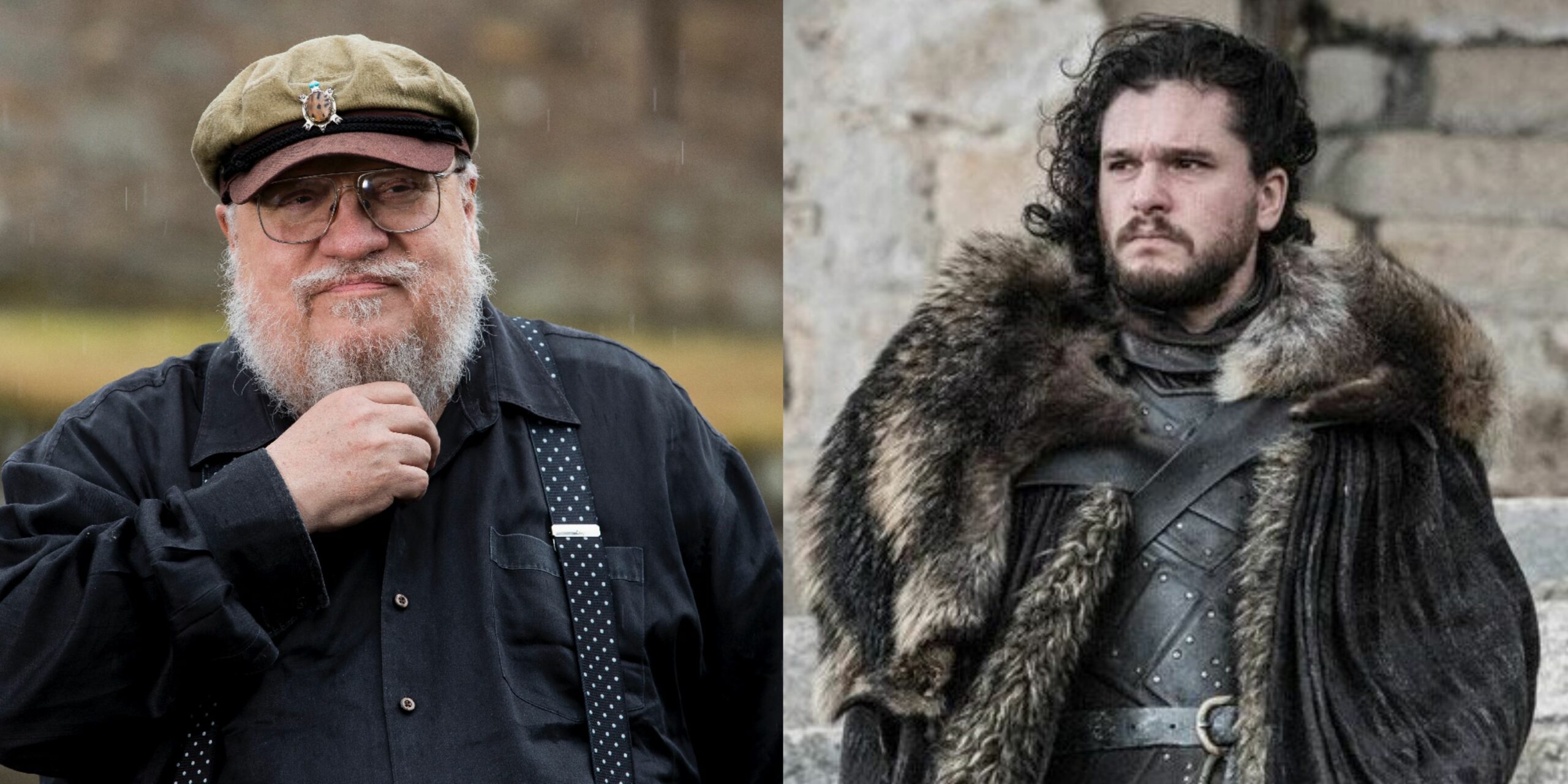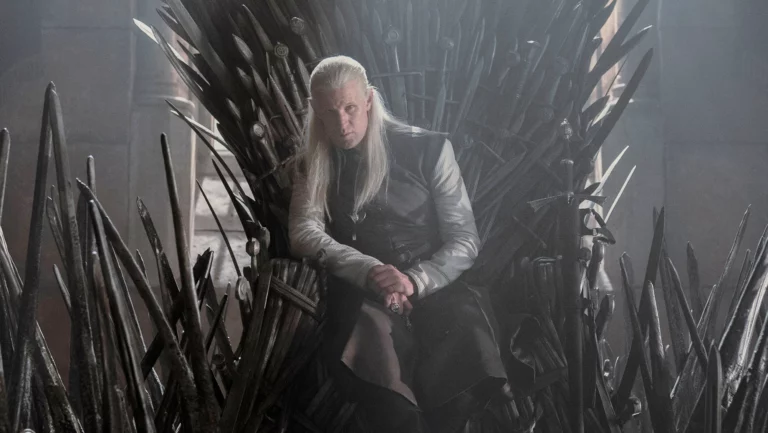As the “Game of Thrones” prequel, “House of the Dragon,” captures the imaginations of viewers worldwide, it brings with it the intricate dynamics of power, betrayal, and the ethereal lure of dragons. However, amidst the glittering scales and fiery breaths, one character, Daemon Targaryen, portrayed by the charismatic Matt Smith, emerges as a focal point of fan discussions and debates. The series, created by George R.R. Martin and Ryan Condal, not only revisits the legendary world of Westeros but also delves deep into the tumultuous history of House Targaryen nearly 200 years prior to the events fans originally fell in love with.

The journey of Daemon Targaryen is particularly striking, fraught with moments that challenge the binary notions of heroism typically found in fantasy genres. His portrayal has sparked considerable controversy, especially following intense scenes like those in the season finale where his actions diverged sharply from heroic expectations. This divergence has prompted Ryan Condal, co-creator of the show, to address the misconceptions surrounding Daemon’s character.
Ryan Condal’s Insight on Daemon’s Moral Complexity
In an enlightening conversation with The New York Times, Condal expressed his views on the character’s development and the audience’s reaction.
“I see Daemon as having heroic aspects to him, and I understand why people would. I mean, he’s incredibly charismatic, he’s handsome, he looks great in that wig, he rides a dragon, he has a cool sword. I totally get it. But if you’re looking for Han Solo, who’s always going to do the right thing in the end, you’re in the wrong franchise, folks,”
Condal explained. This statement sheds light on the essential truth at the heart of “House of the Dragon” — it is a narrative that thrives on the portrayal of morally grey characters, rather than clear-cut heroes and villains. Condal’s comparison of Daemon to Han Solo is particularly telling; it underscores the fundamental differences between the universes of “Star Wars” and “Game of Thrones”. While the former often celebrates the triumph of good over evil, the latter immerses its audience in a more nuanced, often darker examination of power and morality.

The Fans’ Perspective and the Creator’s Challenge
Despite Condal’s clear vision, the fandom’s reception of Daemon has been mixed, with many grappling with their own expectations of a fantasy hero. This divide highlights a broader theme in modern storytelling: the audience’s evolving relationship with characters who embody a blend of both admirable and reprehensible traits.
“I’m having trouble understanding it. We established right out of the gate, in the pilot, that Daemon is a fascinating guy, but he’s not Ned Stark. So I didn’t see it coming… I did not think they would oddly apply this sort of super-fandom to him and try to justify every single thing he’s done as being intrinsically heroic. It simply isn’t. It’s not the case. Nor will it be in the future.”

Embracing the Grey
As “House of the Dragon” continues to unfold, it becomes increasingly clear that its strength lies in its ability to challenge conventional narratives and engage viewers with complex characters like Daemon Targaryan. By stepping away from the black-and-white moralities, the show invites its audience to explore the rich tapestry of human motives and actions, a journey that, while sometimes unsettling, is always profoundly compelling. In this exploration, Ryan Condal and the creative team behind “House of the Dragon” remind us that the most engaging stories are those that reflect the true complexity of human nature, inviting viewers to question, debate, and perhaps even understand the shadows that lie within us all.
